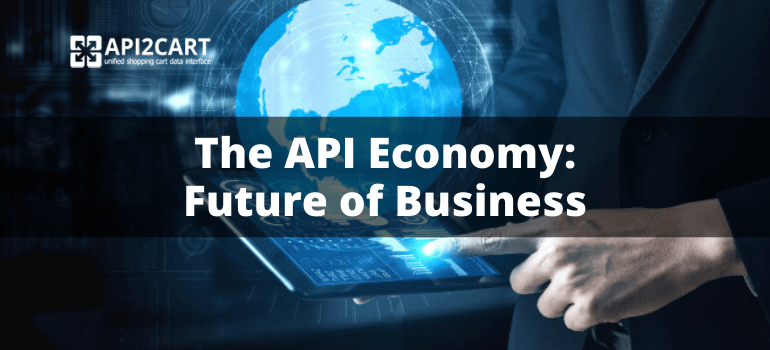
The API Economy is a phenomenon that is starting to be covered widely in technology circles and spreading well beyond, with many companies now investing in API powered business strategies. As the term catches hold, however, it makes sense to step back and reflect what the API Economy actually is and what effect it might have on organizations, individuals and the Internet/Web as a whole.
To do this, we’ve tried to describe the nature of the API Economy in the form of five axioms we believe are true and a number of conclusions that can be drawn from these axioms. We’ll be publishing the axioms and our conclusions in a series of posts here to try to make them more digestible. The thoughts here are somewhat raw so we’re hoping for feedback and debate.
While producing a set of axioms may seem a rather theoretical exercise, we believe it is a useful endeavor since, when talking about something as complex as the interactions between many new types of service providers and consumers, solid foundations are very valuable. The API Economy is already turning out to be clearly different from the human-powered “Web Economy” we see today – transactions are happening faster and at greater scale, but they are distributed differently.
The API Economy
As software and technology become ubiquitous in today’s business processes, the means by which organizations, partners and customers interface with this software and technology is becoming a critical differentiator. The Application Programming Interfaces (APIs) that form these interfaces are the means to fuel internal innovation and collaboration, reach new customers, extend products and create vibrant partner ecosystems. The shift in the way business works this creates is giving rise to huge new opportunities for both individual organizations and global commerce – it is difficult to understate the importance of this change.
Added to this, the computing trifecta of mobile, social, and cloud computing is changing the landscape of computing and business. The combination is having a huge impact on the nature of data and control flows between servers, resources, devices, products, partners, and customers. Many previous notions of how an organization might set up its internal systems or deliver services/products to its customers are having to change, with APIs becoming the what enable an organization to define how data passes between their internal systems, to and from their partners and to/from their customers.
Lastly, and most importantly from the API Economy perspective, it is becoming obvious that the APIs deployed by one company do not just affect its own pre-existing internal teams, customers and partners. Very often APIs open the door to a large new product, partner and customer opportunities. When deployed, these APIs then also become part of a wider ecosystem of available building blocks for other organizations to build new exciting services on top of – many with, in turn, their own APIs.
As a result of these shifts, it is critical that organizations understand the emerging API Economy, its implications and what actions should be taken to embrace its rapid emergence.
The Five Axioms of the API Economy
To try to capture the dynamics of this world, we’re starting with five axioms we think are true today or rapidly becoming true. Things which underpin the notion of the API Economy:
- Everything and everyone will be API enabled
- APIs are core to every cloud, social and mobile computing strategy
- APIs are an economic imperative
- Organizations must provide their core competence through APIs
- Organizations must consume core competences of others through APIs
In case you are interested in API technology and wonder how API integration with 60+ shopping platforms can add value to your eCommerce software, don’t hesitate to schedule a FREE Call with our expert. We are always ready to strike out all the dizzying questions.



